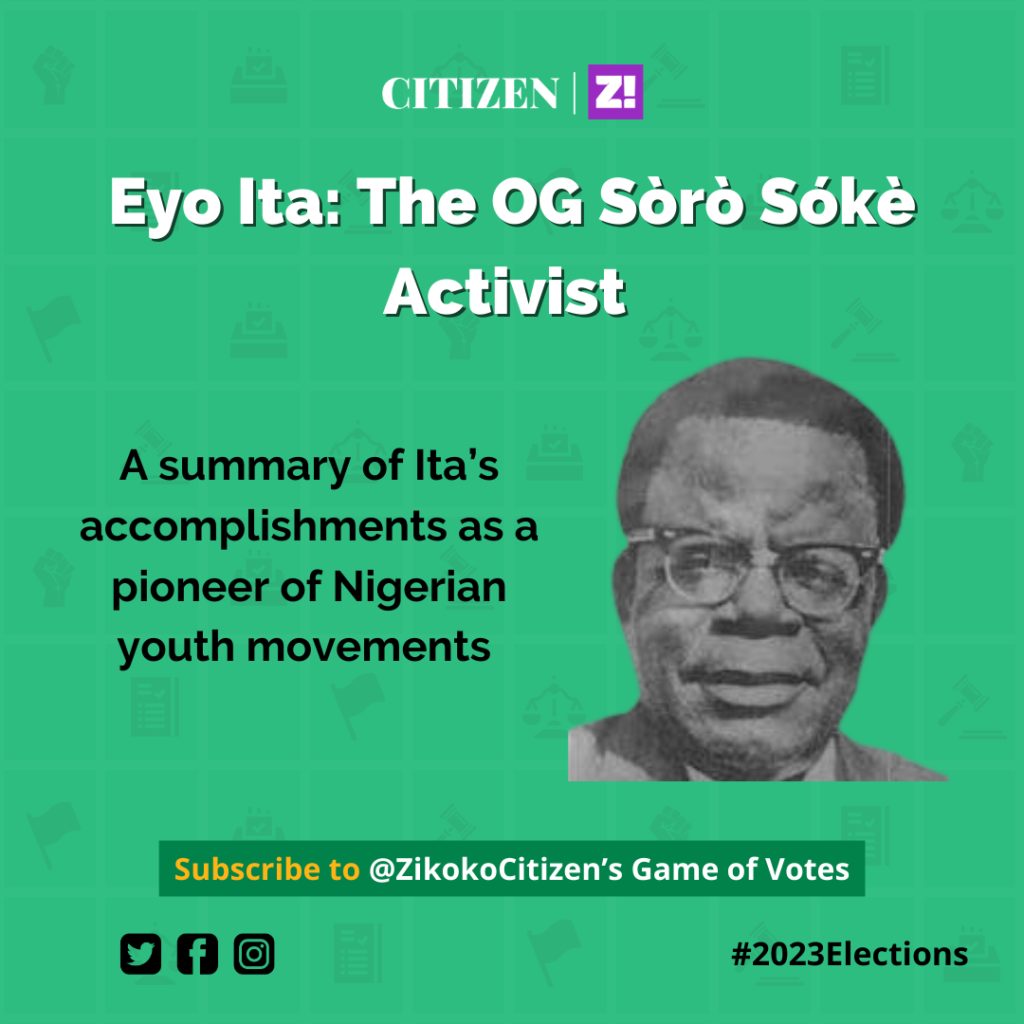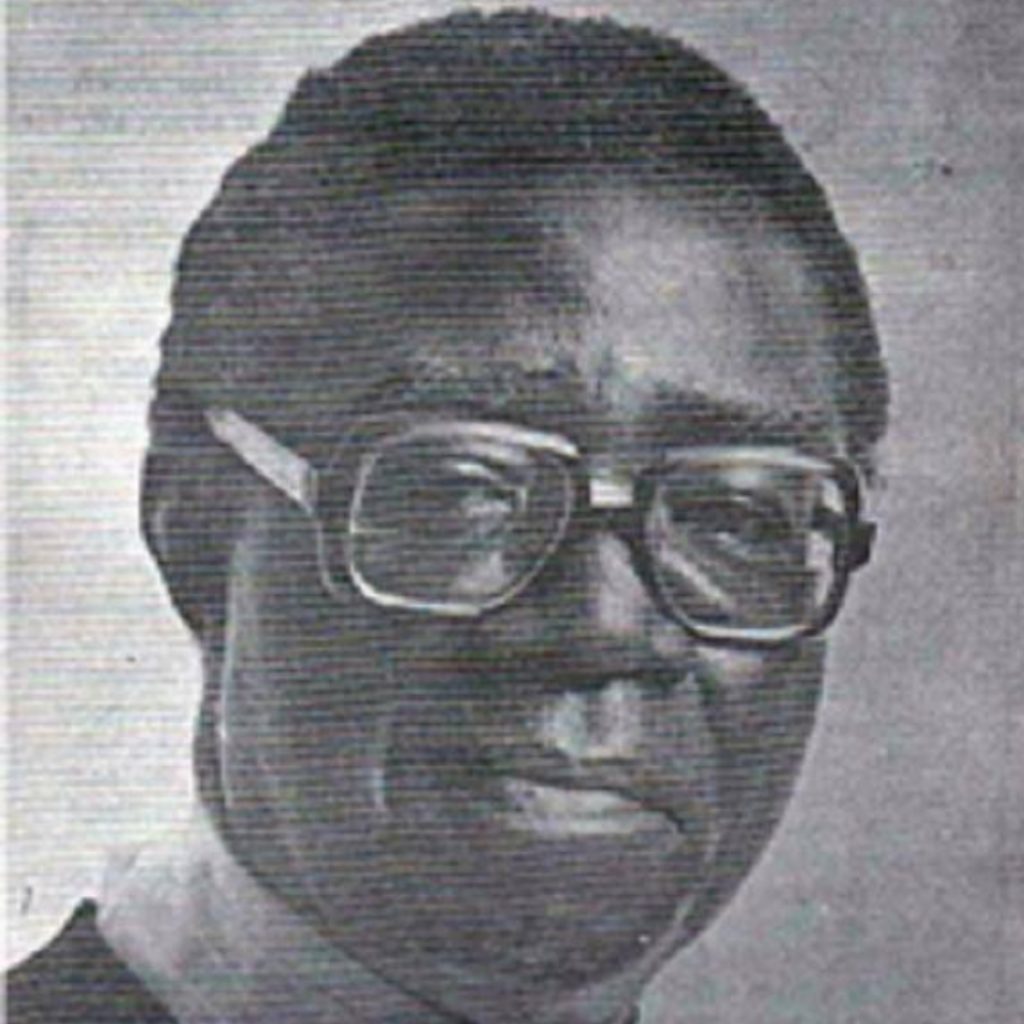
Who was Eyo Ita?
Eyo Ita was born in Creek Town in present-day Odukpani LGA of Cross River State, South-south Nigeria. Ita attended the Presbyterian Hope Waddell Training School in Calabar before pursuing his tertiary education at London University and Columbia University in New York. He stayed in the U.S. for 8 years.
While in Calabar, he was exposed to the teachings of James Aggrey, who pursued academic opportunities for African students in Historical Black Colleges and Universities (HBCU) in America. Calabar became a training ground for some nationalist politicians due to the early site of secondary schools in the city and the influence of people like James Agrrey.

Prof. Eyo Ita
The many feats of Eyo Ita
Here is how Ita changed the face of Nigerian politics:
- He formed the Nigerian Youth Movement (NYM) in 1934 and galvanised the Nigerian youths for nationalism. This factored into Nigeria’s independence from Britain.
- Created the Youth Charter in 1938 to form complete autonomy of Nigeria within the British empire on a basis of equal partnership with other member states.
- Campaigned vigorously for African education in the 1930s.
- Became Vice-President of the National Council of Nigeria and the Cameroons (NCNC). This was a strong political party during the colonial and early post-colonial years.
- Formed the National Independence Party (NIP). It became one of the five Nigerian political parties that sent representatives to the July 27, 1953 London Constitutional Conference. This helped to establish a federal system of government, a Federal Executive Council (FEC) amongst other developments.
- In 1951, major elections were held in the Eastern region of Nigeria with Eyo Ita becoming leader of the Eastern government.
While Eyo Ita is long dead and not often talked about, it was the courage of Nigerian nationalists like him that birthed a desire for freedom among young Nigerians. It was a spirit which was embodied during the #EndSARS protests of 2020, to demand for Police reforms in Nigeria.
This is a part of Zikoko Citizen’s election history education series. To read more, turn on post notifications and follow us on social media @zkkcitizen (IG); @zikokocitizen (Twitter).
We write the news and track the 2023 elections for citizens by citizens in our weekly newsletter, Game of Votes. Make the subscription of a lifetime here.




